- About us
- Support the Gallery
- Venue hire
- Publications
- Research library
- Organisation chart
- Employment
- Contact us
- Make a booking
- Onsite programs
- Online programs
- School visit information
- Learning resources
- Little Darlings
- Professional learning
Sir Joseph Banks Bt (1743 – 1820) was, personally, a polymath of a type that is virtually unknown in the modern world. He saw more in his travels than almost anyone in his own time, and more than most people have now, in the age of jet travel. But Banks also lived his seventy-seven years in one of the most extraordinary periods the Western world has ever seen. During his lifetime Diderot laboured on his Encyclopaedia, and Linnaeus created the system of zoological nomenclature. Adam Smith wrote The Wealth of Nations; Immanuel Kant wrote the Critique of Pure Reason; Hegel wrote The Science of Logic and The Phenomenonogy of Mind. Beethoven wrote most of his works, and Mozart wrote all of his. Byron, the Marquis de Sade and Jane Austen brought forth their entire output. Goya, Gainsborough and Reynolds produced their major works. The French Revolution and the American War of Independence came and went; George Washington and Thomas Jefferson were Presidents. Many of these things happened in the first 20 years of Australian settlement, while the successive fleets discharged their scrofulous passengers, watched by the Aboriginal people of the region. The motto of the Royal Society, Nullius in verba, means ‘take nobody’s word for it’.
Purchased 2010



On one level The Companion talks about the most famous and frontline Australians, but on another it tells us about ourselves.
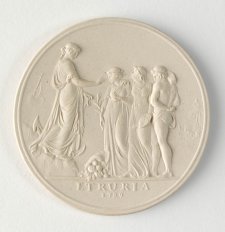
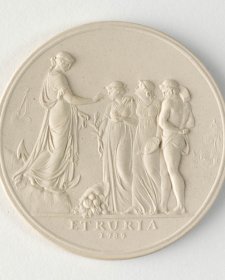
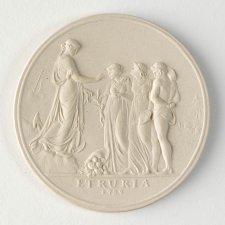
1 January 2015
In recent years I have become fascinated by the so-called Sydney Cove Medallion (1789), a work of art that bridges the 10,000-mile gap between the newly established penal settlement at Port Jackson and the beating heart of Enlightenment England.
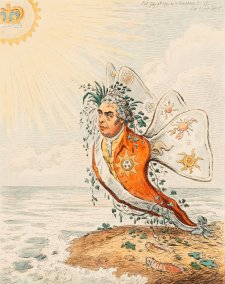
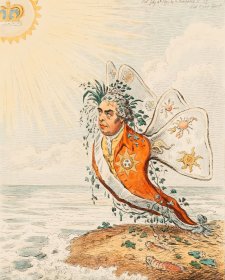
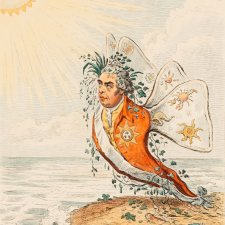
1 September 2014
The caricaturist and engraver James Gillray's biting satires about Sir Joseph Banks.